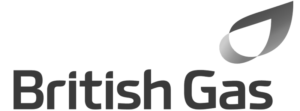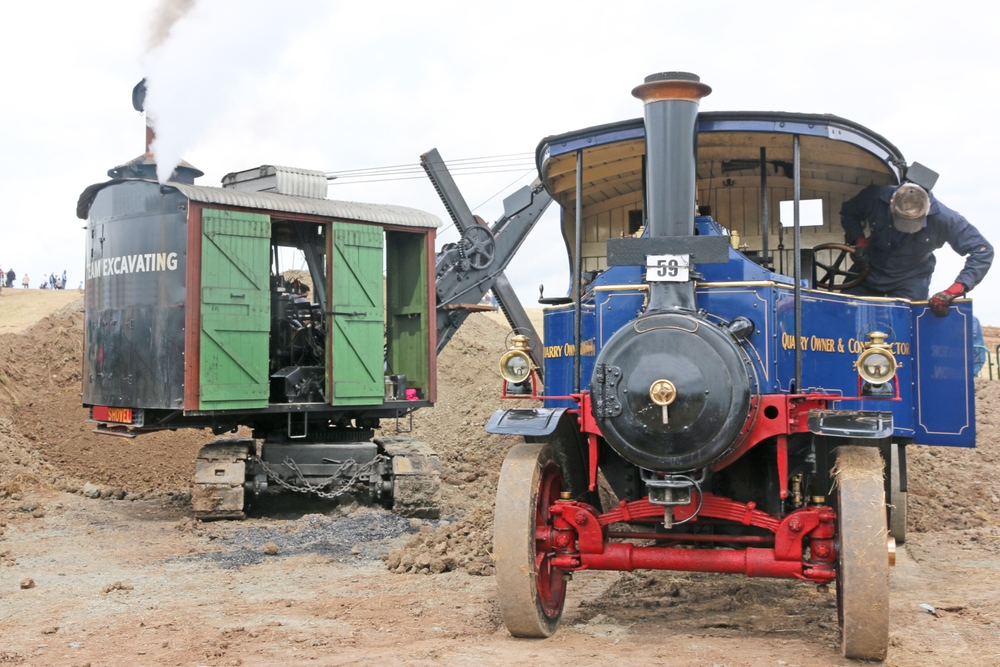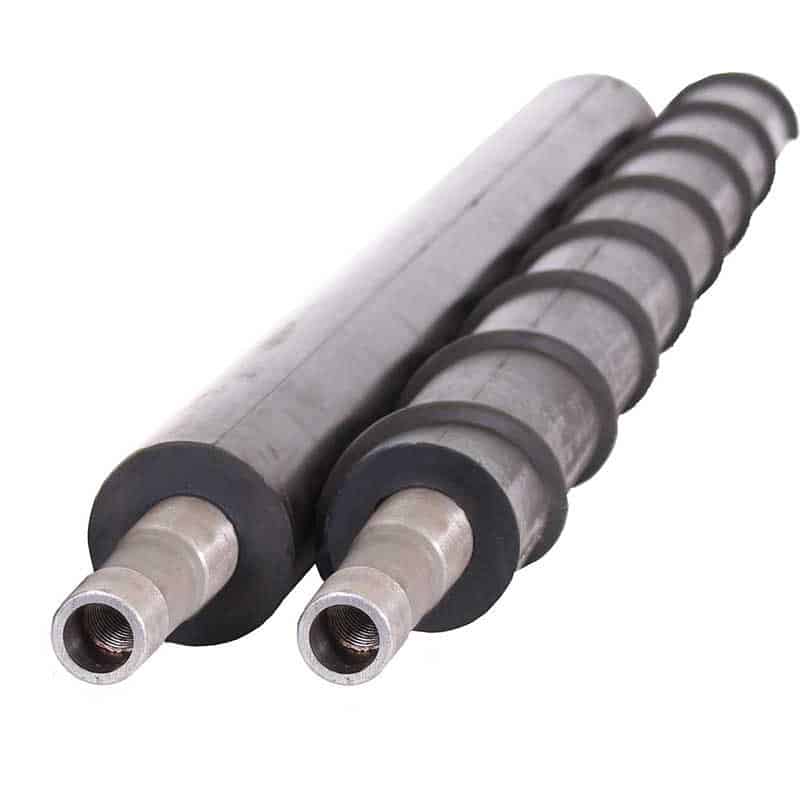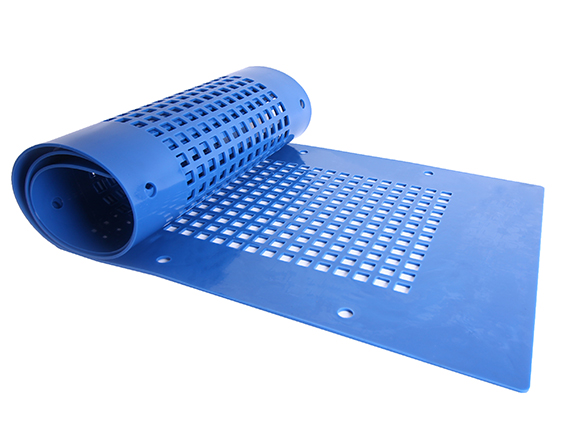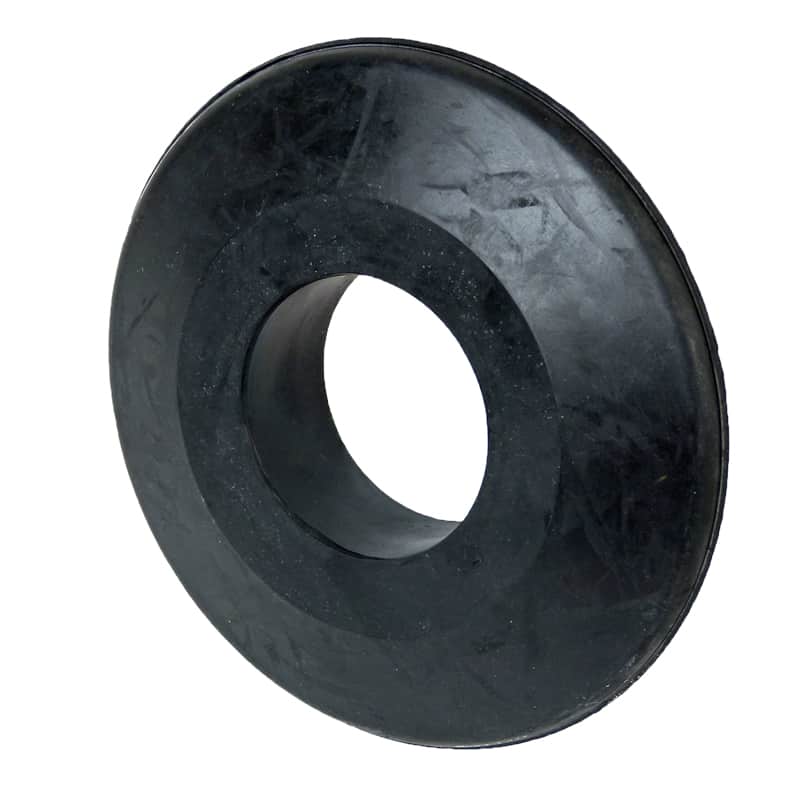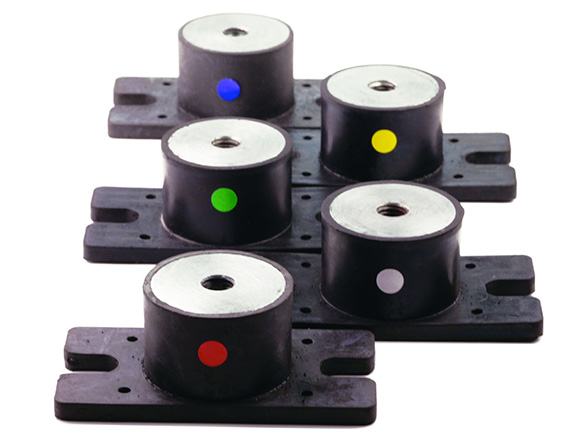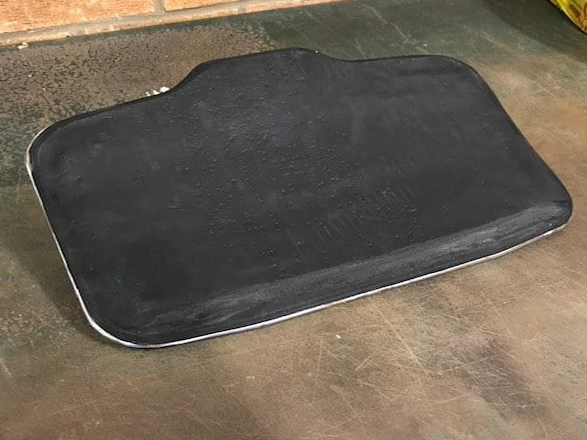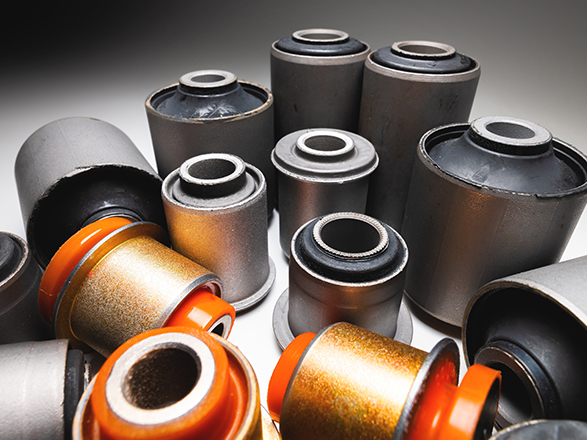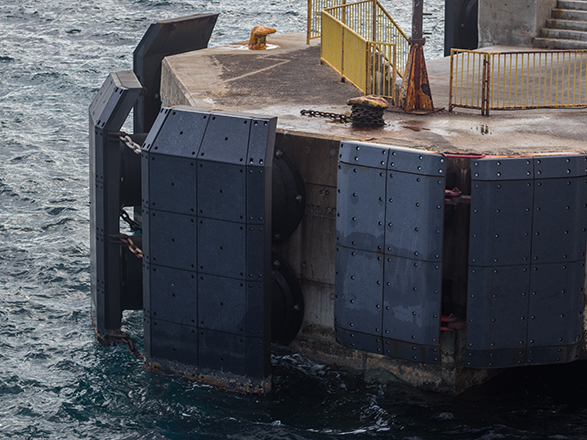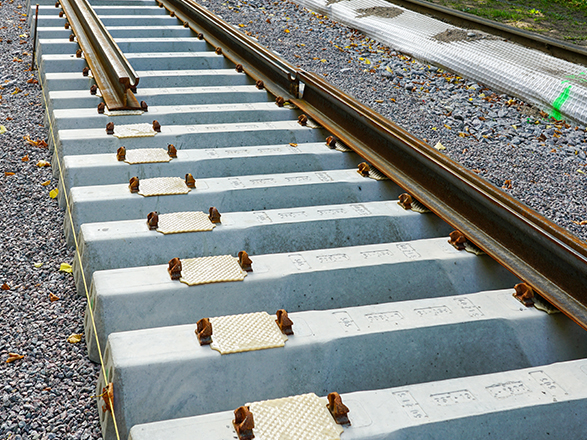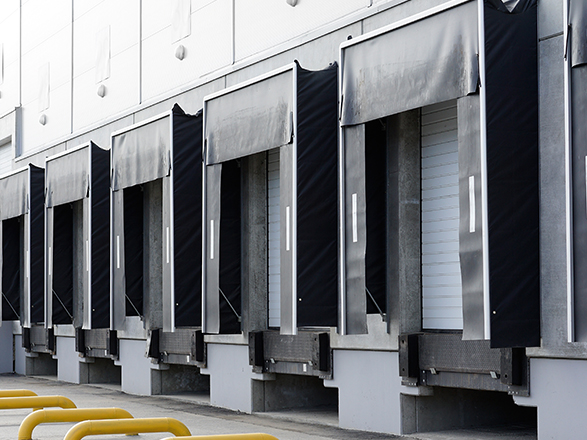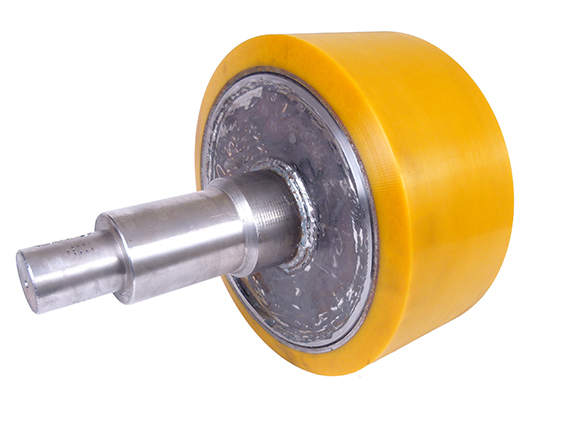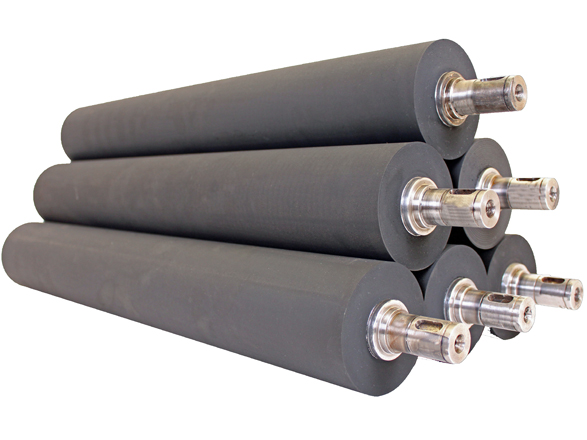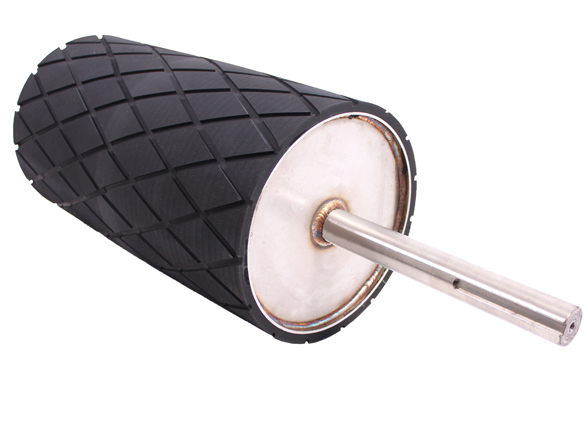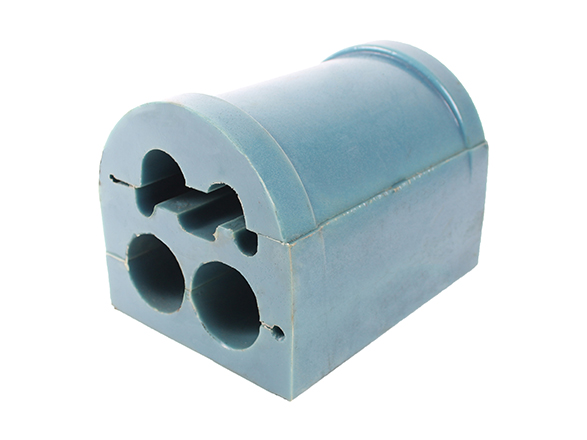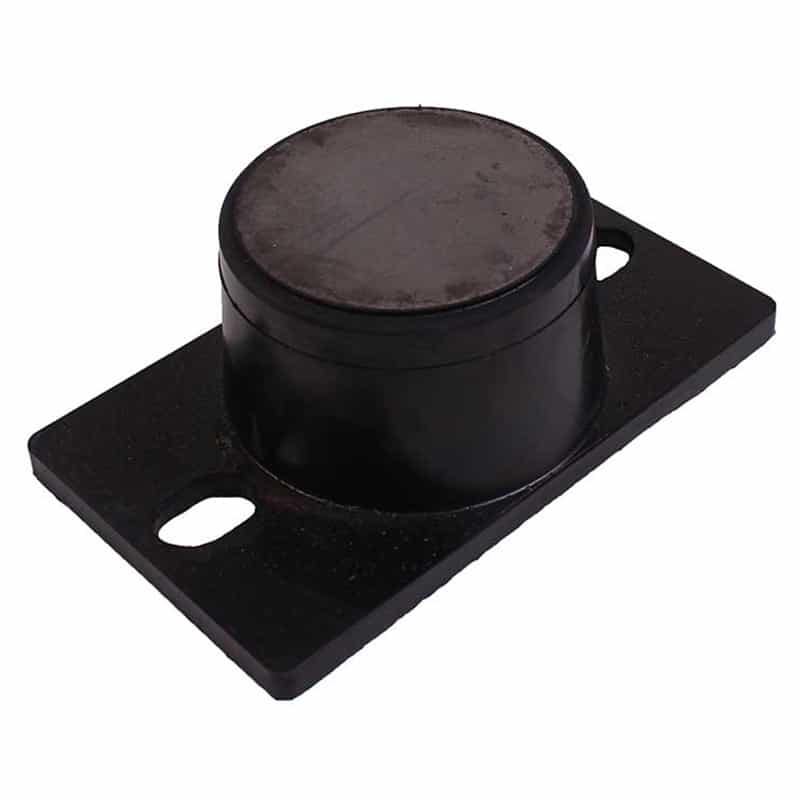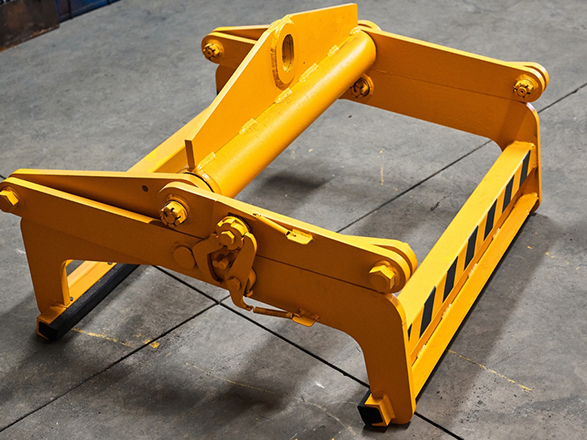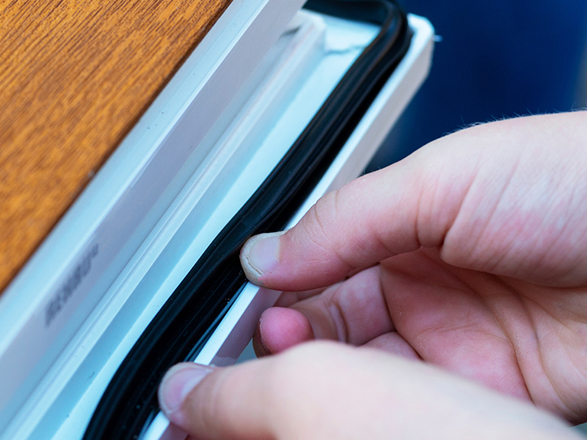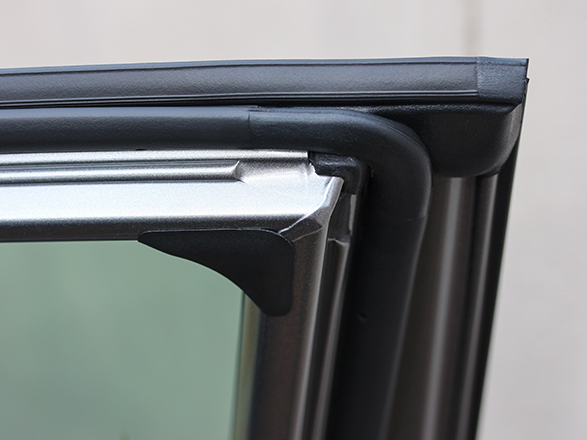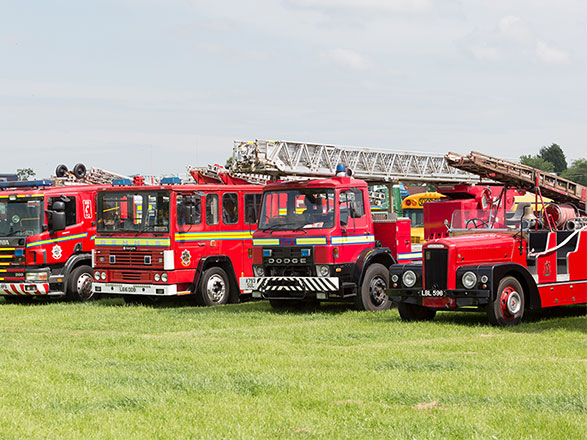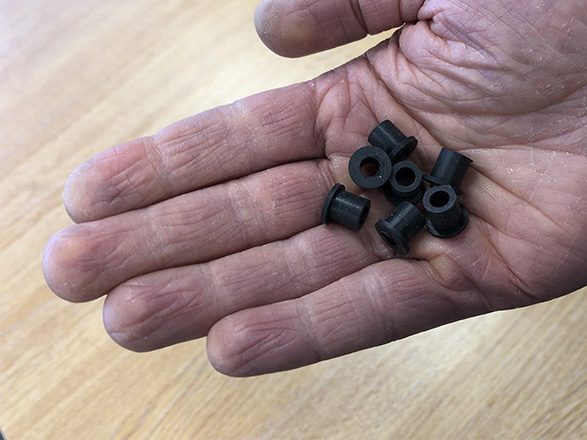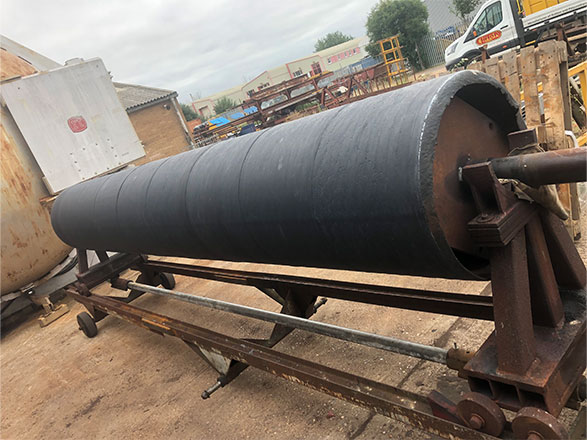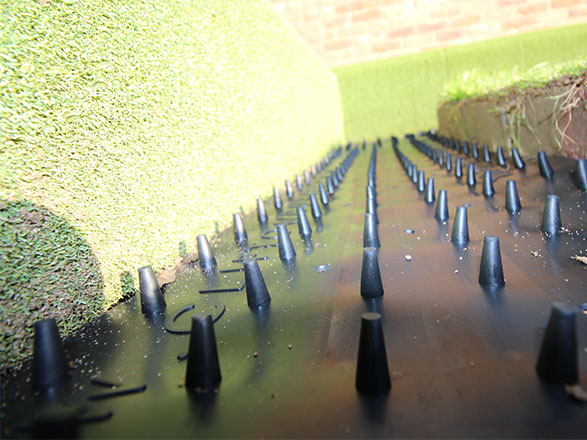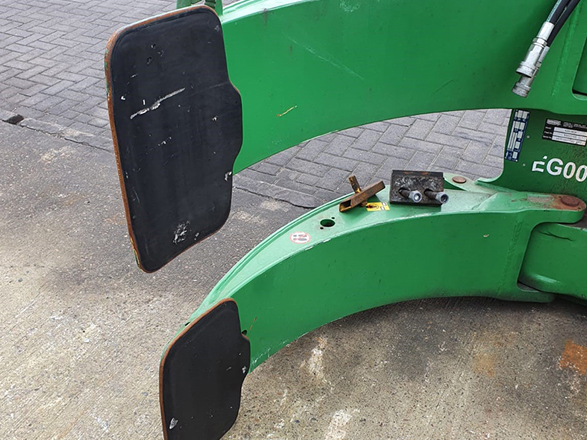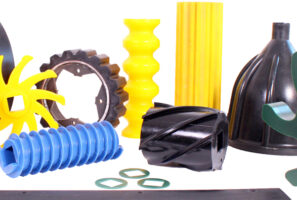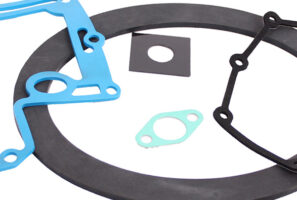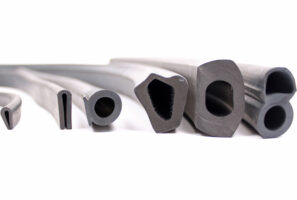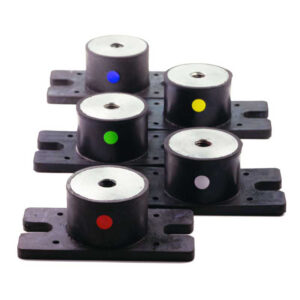Custom Medical Rubber Product Manufacturer and Supplier
For over 50 years Clifton Rubber has been a specialist rubber & polyurethane manufacturer. Clifton Rubber is ISO 9001 accredited and adheres to strict quality procedures ensuring our products meet the demanding specifications and quality assurances required by the medical industry. Bespoke rubber components we have manufactured for use by our customers in this sector, including diaphragms and padding.
From moulding processes to precision engineering, discover how these components play an essential role in enhancing the medical industry.

To find out more about each of our Capabilities in the Medical Industry…
Read MoreIndustrial Medical Rubber Product Manufacturing Services

Rubber Moulding For The Medical Industry
Rubber moulding is used in the medical industry for various applications due to its flexibility, biocompatibility, and ability to meet stringent regulatory requirements. Here are several common uses:
- Medical Device Components: Rubber moulding is employed to manufacture components for medical devices such as seals, gaskets, diaphragms, and valves. These components are vital for ensuring the integrity and functionality of medical equipment like infusion pumps, ventilators, and catheters.
- Surgical Instruments: Rubber moulding is used to produce grips, handles, and ergonomic components for surgical instruments. These moulded rubber parts provide surgeons and medical professionals with comfortable and secure grips, enhancing precision and control during procedures.
- Medical Implants and Prosthetics: Rubber moulding is used in the fabrication of medical implants and prosthetic devices. Silicone rubber’s biocompatibility and durability make it suitable for long-term implantation within the human body.
- Medical Tubing and Hoses: medical-grade tubing and hoses used for fluid transfer, drainage, and infusion in medical applications.
- Dental Devices and Equipment: Rubber moulding is used to produce components for dental devices and equipment such as dental dams, orthodontic bands, and instrument handles.
- Diagnostic and Testing Equipment: seals, gaskets, and components for diagnostic and testing equipment used in medical laboratories. These rubber parts help ensure the accuracy and reliability of diagnostic tests and medical analyses.
- Hospital Furniture and Equipment: hospital furniture and equipment such as bed pads, mattress overlays, and wheelchair cushions.
- In summary, rubber moulding enables the production of a wide range of components and devices that are essential for medical devices, surgical instruments, implants, diagnostic equipment, and patient care.
Polyurethane Moulding For The Medical Industry
The versatility and durability of polyurethane allows for producing hard wearing yet lightweight components that are ideal for use in the medical industry. Some typical PU components that are used in this industry include:
- Catheters and Tubing: Polyurethane is commonly used in the manufacturing of catheters, including central venous catheters, urinary catheters, and angiographic catheters. It is also used for medical tubing in applications such as intravenous (IV) sets, oxygen delivery systems, and drainage tubes due to its flexibility, strength, and resistance to kinking and deformation.
- Implants and Prosthetics: Polyurethane is utilised in various medical implants and prosthetic devices due to its biocompatibility and mechanical properties. Examples include breast implants, penile implants, cardiovascular devices such as artificial heart valves, and orthopaedic implants such as joint replacements and bone fixation devices.
- Medical Adhesives and Sealants: Polyurethane-based adhesives and sealants are used in medical device assembly, wound closure, and tissue bonding applications. They provide strong, flexible bonds with excellent adhesion to a variety of substrates, including skin, plastics, and metals, while minimising tissue trauma and irritation.
- Orthopaedic Braces and Supports: Polyurethane foam is used in the construction of orthopaedic braces, splints, and supports for immobilisation, stabilisation, and rehabilitation of injured or post-operative joints and limbs.
The customizability and rapid production of polyurethane moulded parts enable the quick turnaround of poly moulded components.


Rubber Covering including
- Rubber Rollers For The Medical Industry
- Rubber Wheels & Tyres For The Medical Industry Industry
Rubber covering plays a pivotal role in the medical industry, and helps to ensure the reliability and longevity of medical devices and systems. Here are several ways rubber covering is utilised specifically in this industry.
With its versatility and protective properties, rubber covering offers significant benefits to manufacturers of medical equipment.
Rubber covering contributes to the protection, functionality, and reliability of medical devices and systems.
Rubber Rollers For The Medical Industry
Rubber rollers play crucial roles in various applications within the medical industry, contributing to the manufacturing, processing, and packaging of medical products. Here are several common uses of rubber rollers in the medical field:
- Medical Imaging Equipment: Rubber rollers are used in medical imaging equipment such as X-ray machines, CT scanners, and MRI machines to transport imaging films, sensors, and other components. They ensure smooth and precise movement, facilitating accurate imaging procedures.
- Laboratory Equipment: Rubber rollers are utilised in laboratory equipment such as centrifuges, mixers, and analyzers to transport samples, tubes, and plates.
- Medical Packaging Machinery: Rubber rollers are employed in medical packaging machinery such as blister packaging machines, pouch sealers, and labelling equipment. They assist in the sealing, cutting, and printing processes, ensuring the integrity and traceability of medical product packaging.
- Medical Device Manufacturing: Rubber rollers are used in the manufacturing of medical devices such as catheters, syringes, and stents. They assist in the extrusion, moulding, and assembly processes, ensuring precise shaping and assembly of medical components.
- Printing and Labelling Systems: Rubber rollers are integrated into printing and labelling systems used for marking medical products, packaging materials, and labels. They ensure accurate ink transfer and label application, facilitating product identification and traceability.
- Medical Tube and Hose Production: Rubber rollers are utilised in the production of medical tubes, hoses, and catheters made from silicone rubber or other medical-grade materials. They assist in the extrusion, calendering, and curing processes, ensuring uniform thickness and quality of medical tubing products.
- Medical Textile Manufacturing: Rubber rollers are used in the production of medical textiles such as compression bandages, wound dressings, and surgical drapes. They assist in the dyeing, coating, and finishing processes, ensuring consistent quality and performance of medical textile products.
- Surgical and Medical Equipment Maintenance: Rubber rollers are used in the maintenance and servicing of surgical and medical equipment such as sterilisers, endoscopes, and anaesthesia machines. They assist in the cleaning, lubrication, and calibration processes, ensuring the reliability and safety of medical equipment.
In summary, rubber rollers play versatile roles in the medical industry, facilitating various manufacturing, processing, and packaging operations across different medical product categories. Their reliability, precision, and durability contribute to the efficiency and quality of medical device production and healthcare delivery.


Rubber Wheels & Tyres For The Medical Industry
Wheels are used in various applications in the medical industry, contributing to mobility, patient care, and facility operations. Here are several common uses of rubber wheels in the medical field:
- Trolleys to transport patients and equipment
- Cranes and Hoists
- Wheelchairs and Mobility Aids
- Hospital Beds and Furniture
- Medical Equipment Stans
- Rehabilitation Equipment
- Hospital Facilities Management
In summary, rubber wheels play diverse and essential roles in the medical industry, supporting patient care, mobility, equipment transport, and facility operations within healthcare settings. Their durability, manoeuvrability, and safety features make them indispensable components of medical equipment and infrastructure.
Rubber Extrusion For The Medical Industry
Rubber extrusions are valuable in the medical industry for their durability, flexibility, and resistance to environmental factors and biocompatibility.
Here are several common uses of rubber extrusions in the medical field:
- Seals and Gaskets: Rubber extrusions are used to create seals and gaskets in medical equipment, devices, and instruments. These seals help prevent the ingress of fluids, contaminants, and pathogens, ensuring the integrity and sterility of medical products.
- Medical Tubing and Hoses: used in the production of medical-grade tubing and hoses used for fluid transfer, drainage, and infusion in clinical and surgical applications.
- Cable Management: Rubber extrusions are used for cable management purposes in medical devices and equipment, including organising and protecting cables and wires. They provide insulation, strain relief, and abrasion resistance, ensuring reliable electrical connections and preventing damage to wiring systems.
- Orthopaedic Braces and Supports: Rubber extrusions are utilised in the manufacturing of orthopaedic braces, supports, and splints for rehabilitation and injury prevention purposes.
- Medical Furniture and Equipment: Rubber extrusions are incorporated into medical furniture and equipment such as examination tables, patient beds, and surgical lights. They serve as edge protectors, bumpers, and seals, enhancing safety, comfort, and durability in healthcare environments.
- Surgical Instruments: Rubber extrusions are used in the construction of grips, handles, and ergonomic components for surgical instruments and devices. These extruded rubber parts provide surgeons and medical professionals with comfortable and secure grips, facilitating precise and controlled movements during surgical procedures.
- Medical Enclosures and Seals: Rubber extrusions are used to create enclosures and seals for medical equipment housings, covers, and enclosures. These extruded rubber seals provide protection against moisture, dust, and environmental contaminants, maintaining the functionality and longevity of medical devices.
In summary, rubber extrusions play critical roles in the medical industry by providing sealing, insulation, cable management, and structural support in medical devices, equipment, and infrastructure. Their versatility and performance characteristics make them indispensable components in various medical applications, contributing to patient care, safety, and treatment outcomes.


Rubber Sheet Conversion For The Medical Industry
Rubber sheet conversion allows for the customization and fabrication of rubber sheets to meet specific requirements for various applications. The process enables the production of sheets with precise thickness, dimensions, and properties, providing versatility in product design and functionality.
Rubber sheeting serves numerous important purposes in the medical industry, contributing to patient care, hygiene, and equipment functionality. Here are several common uses of rubber sheeting in medical applications:
- Medical Bedding and Mattresses
- Operating Room Table Pads
- Medical Drapes and Curtains
- Laboratory Work Surfaces
- Medical Flooring and Mats
- Personal Protective Equipment (PPE)
In summary, rubber sheeting plays essential roles in various aspects of medical care and facility management, providing protection, hygiene, comfort, and safety in healthcare settings. Its versatility and durability make it a valuable material for addressing diverse needs in the medical industry.
Precision Engineering For The Medical Industry
Precision engineering is highly important in the medical industry, offering substantial benefits. It encompasses the fabrication of ultra-precise components and devices utilising state-of-the-art methodologies and technologies. Precision engineering guarantees unparalleled accuracy, facilitating the development of intricate parts with precise tolerances.
Our precision engineering expertise provides unparalleled customisation and adaptability, catering to the unique demands of the medical sector.
Precision engineering plays a pivotal role in the medical industry, where the utmost accuracy and reliability are paramount.
Clifton Rubber offers a range of Bespoke Rubber Components for various industry sectors, including medical. Our custom made products for your industry include:
We also provide Custom Polyurethane solutions tailored to specific industry needs.








